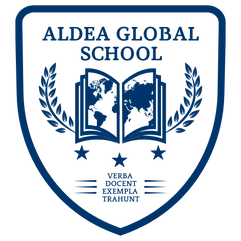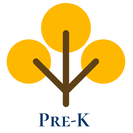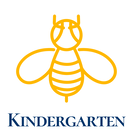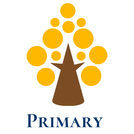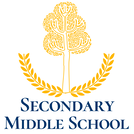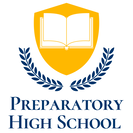ProgramsStudentsAccreditationEnrollCostFinancial AidIndependent StudySpanish HomeschoolContact |
ProgramsOur ApproachAll of our classes are focused on the child. A child-centered approach encourages children to take learning into their own hands, as opposed to being directed or prompted by a teacher. Children take responsibility for making choices about what they will learn and explore. For example, outside of the core curriculum, students can choose from a wide variety of age-appropriate elective courses.
This kind of active learning recognizes a classroom approach that reflects our knowledge that students are actively involved in the learning process through constructing knowledge and understanding. This is in contrast to a traditional approach wherein teachers simply transmitted knowledge to students. Modern education requires teachers who are guides, activators, and mentors in the learning process. Our overarching goal of education at ALDEA Global School is to not only establish foundational fluencies in reading, writing, grammar, math, science, and humanities but also to inculcate ethical attitudes and character wherein students actively utilize their skills and knowledge to practice ethics and seek creative solutions to global and community problems. We are committed to agile, iterative innovation to meet the needs of our students and core values. Traditional educational models were developed at the outset of the Industrial Revolution and no longer adequately prepare students for the 21st century. Education must innovate and evolve in order to prepare and empower students to develop independent and critical thought, entrepreneurship, self-direction, and collaborative capabilities. We propose a revolutionary move away from traditional classroom-based, sage-on-stage teaching practices to a self-directed, technology-based, interdisciplinary classroom enriched with relevant, experiential, challenging problem-based learning. Students will be asked to actively engage with real-world problems. Problem-based learning is a teaching method in which complex real-world problems are used as the vehicle to promote student learning of concepts and principles as opposed to direct presentation of facts and concepts. Core to this method is our ethics and social-emotional learning classes, which are offered from K-12 and engage students’ critical thinking skills and encourage collaborative inquiry. As all of our classes are online, students’ ICT (computer) skills are a critical element to the curriculum as well as an important part of developing 21st-century skills. Knowledge is not enough for preparing our next generation of students to thrive in the modern world. With information readily available at all times, students need to know how to find necessary information, how to evaluate it, what to do with it, how to create something with it, how to communicate it, etc. Modern education should reflect these modern needs. In the field of cognitive science, this is a constructivist view called preparation for future learning. The productive use of cognitive skills and motivation enhances and focuses students’ abilities to learn in resource-rich environments that much more closely reflect real-life challenges. Therefore, our teachers not only serve as guides to student acquisition and mastery of foundational fluencies but also as activators and mentors in project-based learning. |
